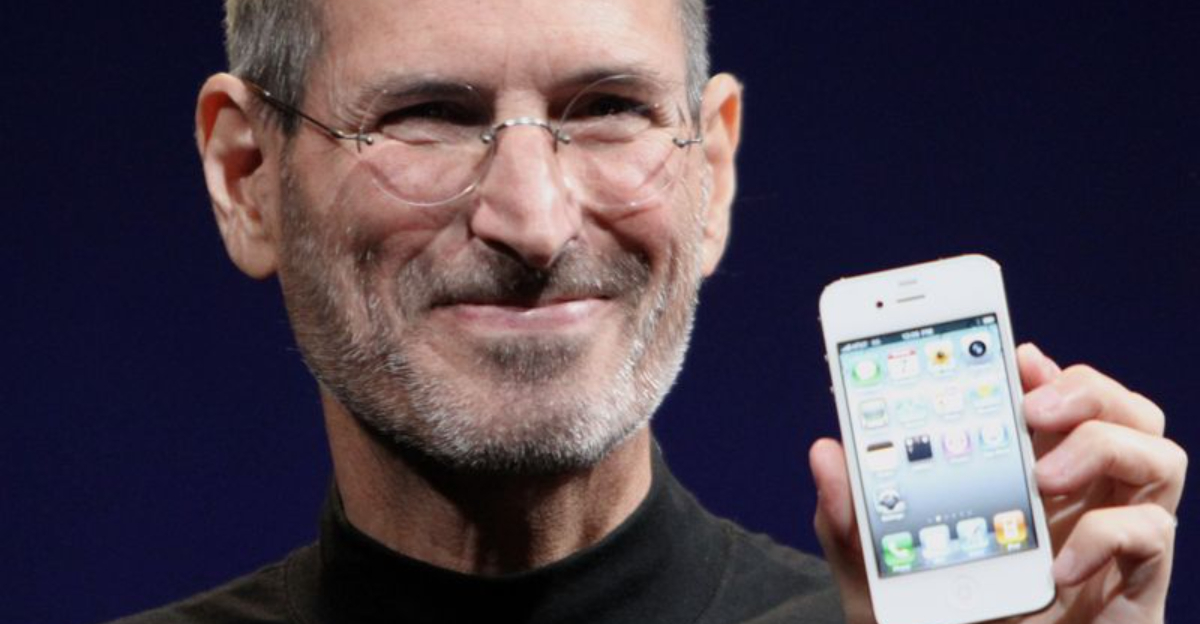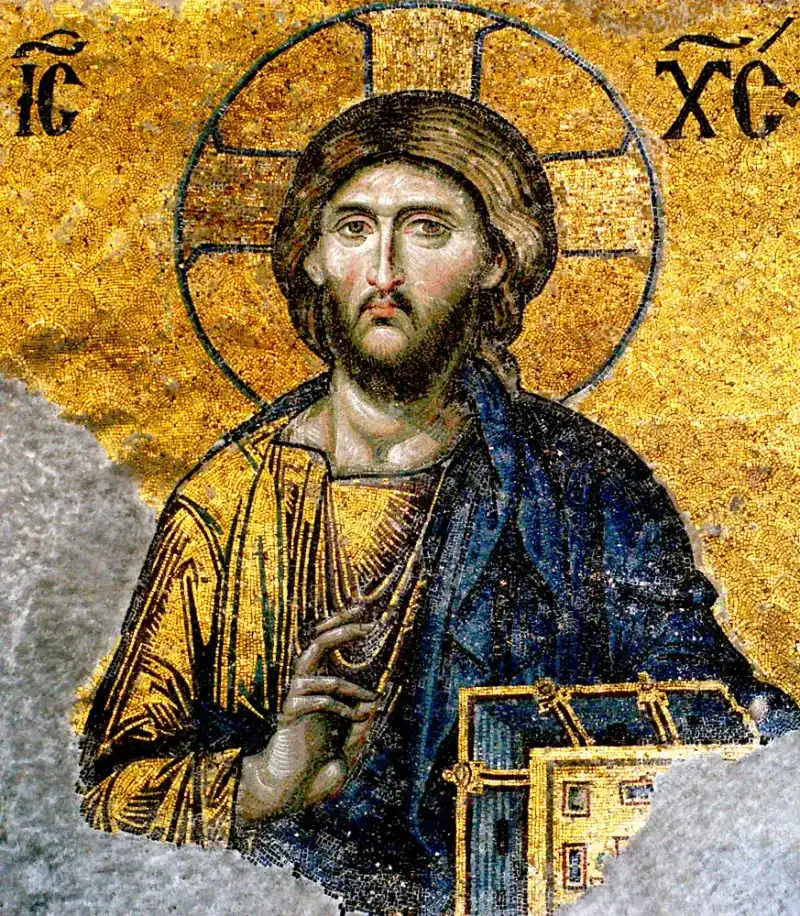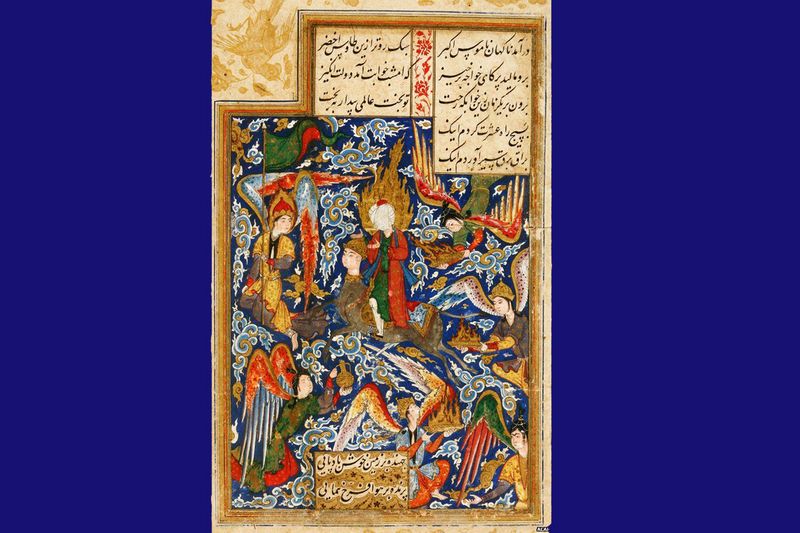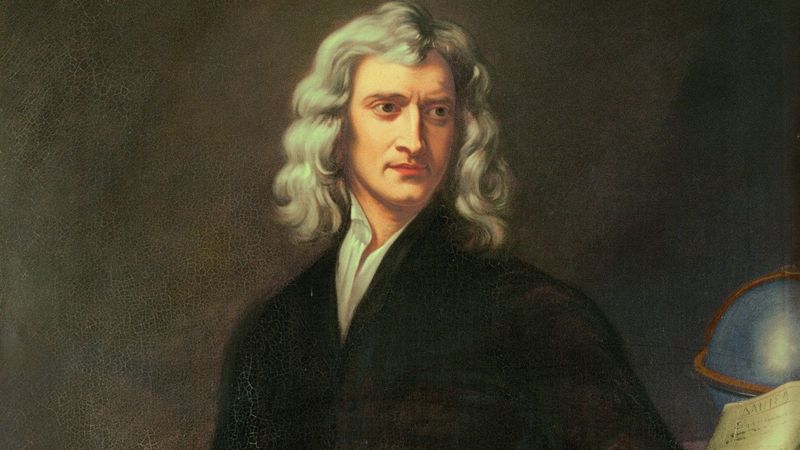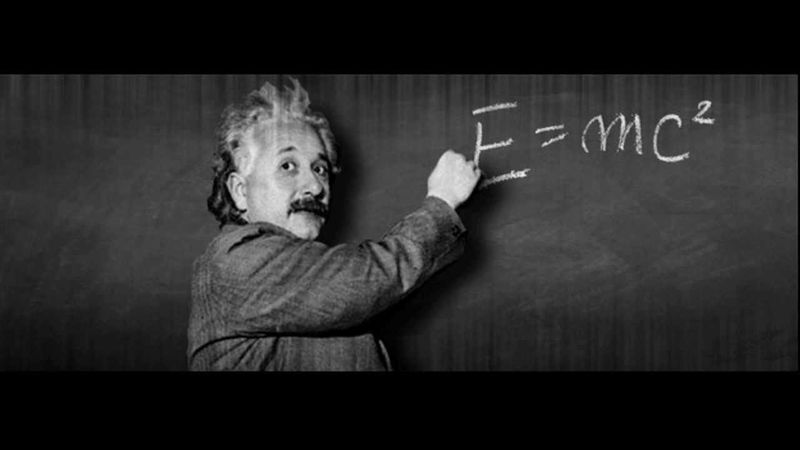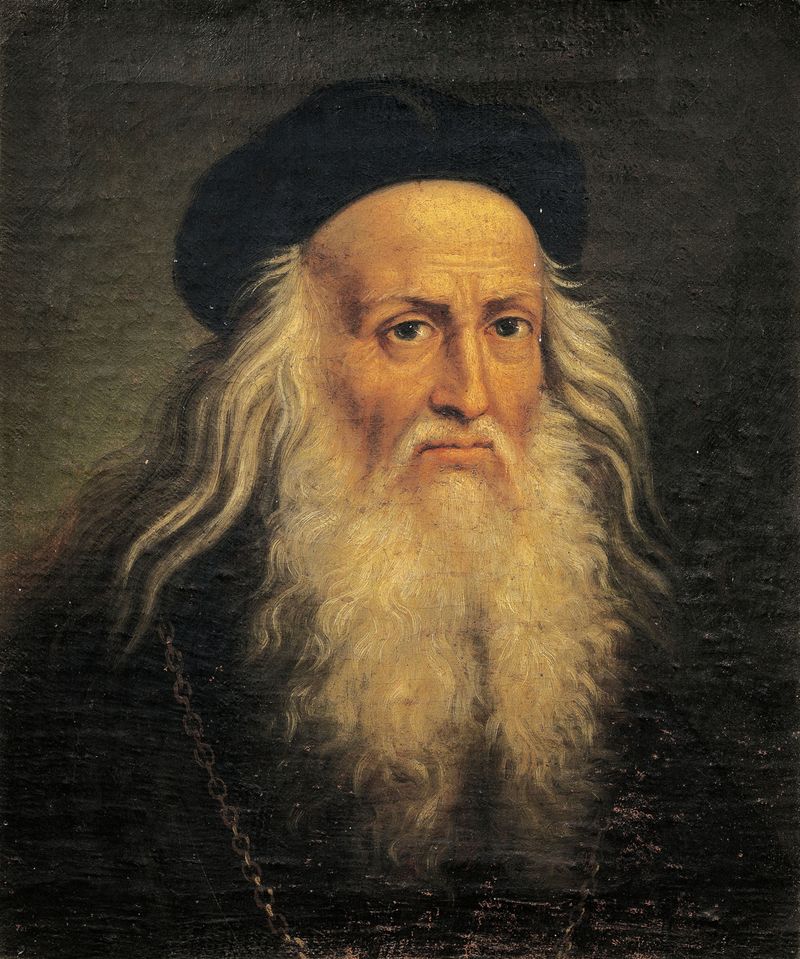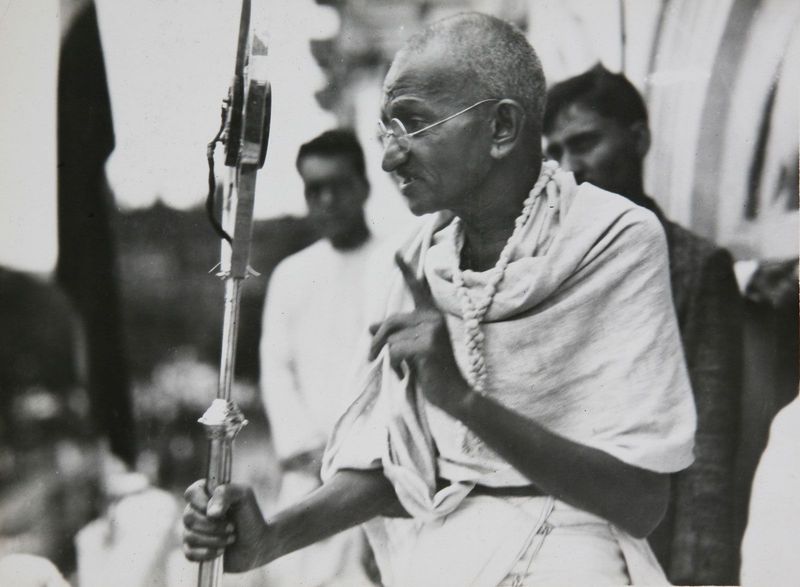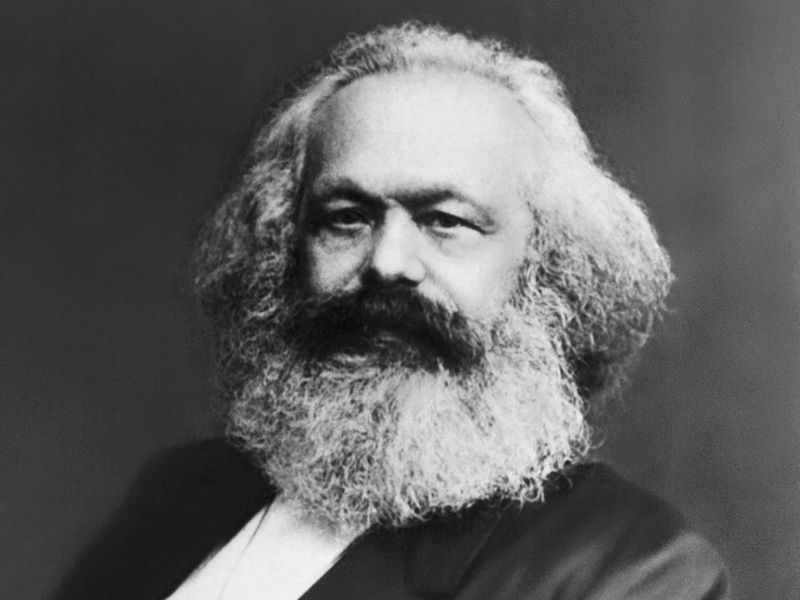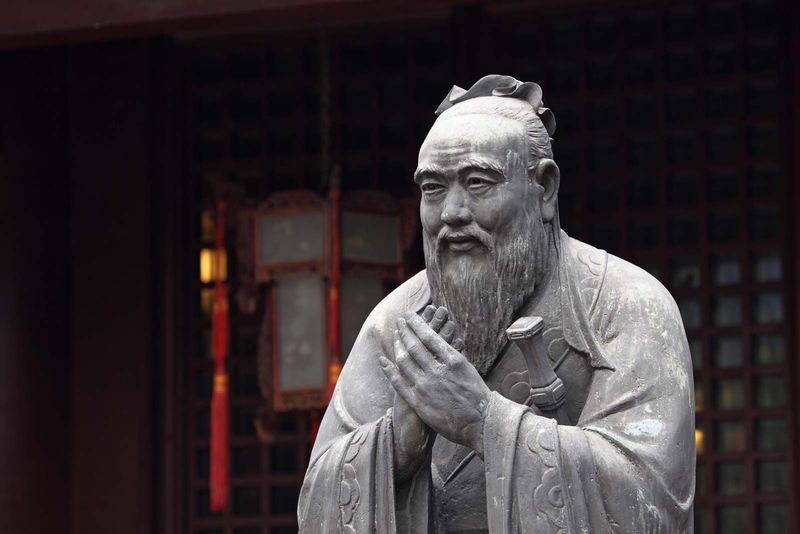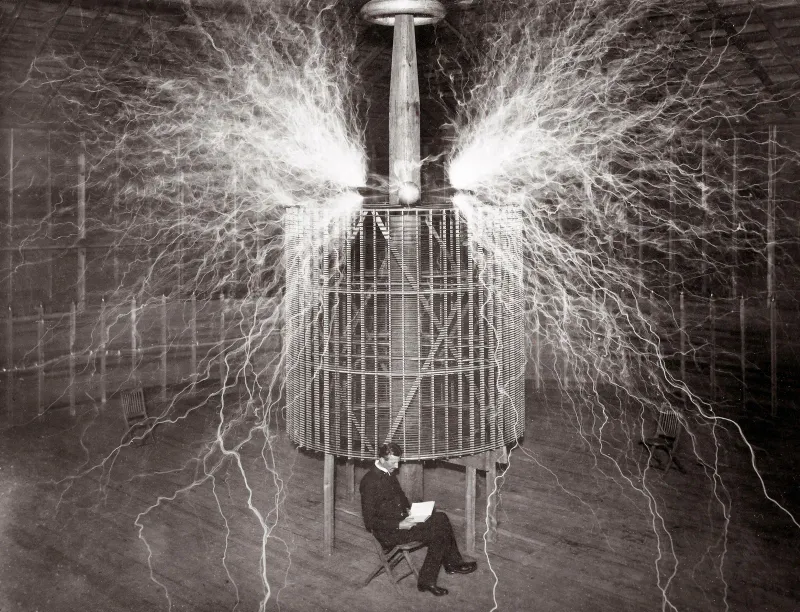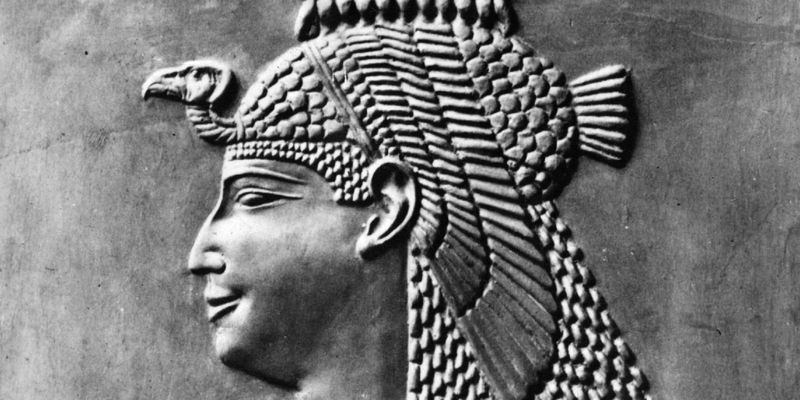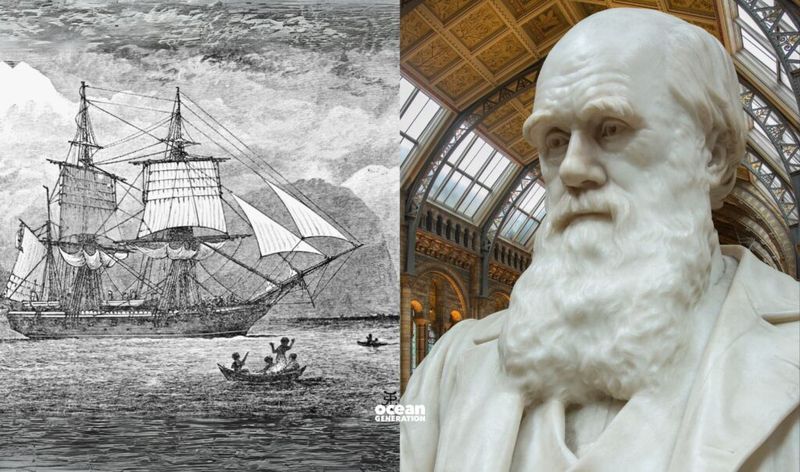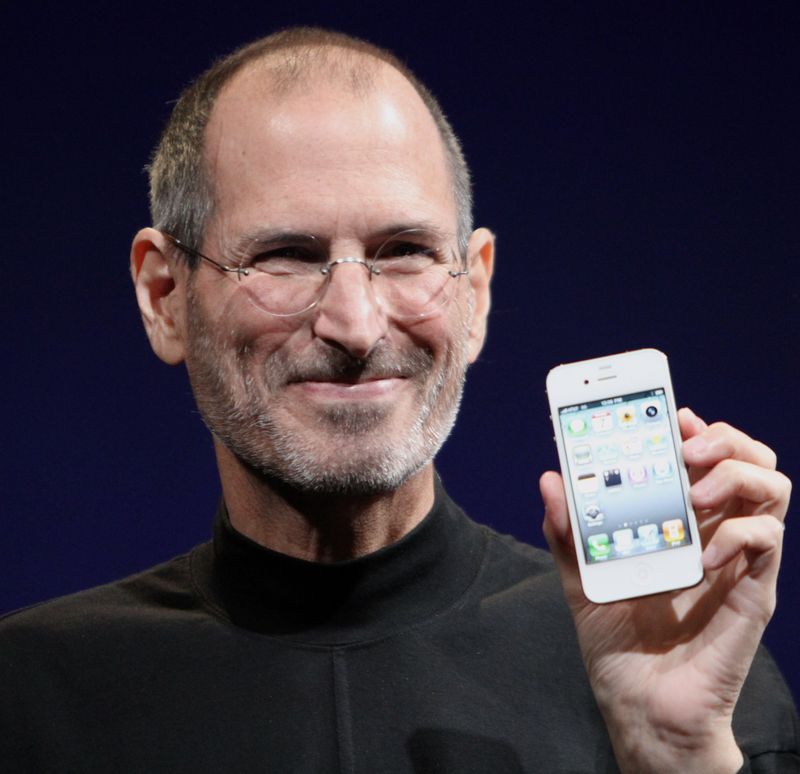Explore the lives and legacies of 14 individuals whose profound impacts continue to shape our world. From religious leaders to scientific pioneers, these influential figures have left an indelible mark on history and modern society.
1. Jesus Christ
A carpenter from Nazareth, Jesus Christ’s teachings transformed human history. His messages of love and forgiveness resonate globally, transcending cultures and eras. Spreading hope and compassion, his profound influence shapes Western ethics, art, and culture to this day.
Over two billion people identify as Christians, reflecting his enduring impact. His teachings continue to guide personal and societal morals, with principles that inspire acts of kindness and community building.
The life of Jesus remains a cornerstone in religious and historical studies, emphasizing lessons of humility, faith, and resilience.
2. Prophet Muhammad
Prophet Muhammad, the pivotal figure in Islam, unified the Arabian Peninsula under one faith. His revelations, compiled in the Quran, guide 1.8 billion Muslims in their daily lives.
Beyond spirituality, his teachings inspired advancements in science, law, and culture. The tenets of Islam advocate for justice, compassion, and the pursuit of knowledge, influencing societies worldwide.
Muhammad’s leadership and vision fostered a civilization that made significant contributions to medicine, mathematics, and philosophy, marking a golden age of Islamic enlightenment.
3. Isaac Newton
Isaac Newton, a luminary in science, unlocked the mysteries of gravity and motion. His laws of motion laid the groundwork for physics, impacting technology and engineering profoundly.
Calculus, another of his groundbreaking contributions, revolutionized mathematics, enabling advances in architecture and space exploration.
Newton’s insatiable curiosity transformed our understanding of the universe, making his work indispensable in scientific and educational fields. His legacy endures in every technological marvel, from bridges to satellites.
4. Albert Einstein
Albert Einstein’s theories reshaped the world of physics. His iconic equation, E=mc², unlocked the secrets of nuclear energy and revolutionized cosmology.
Einstein’s work laid the foundation for technologies like GPS and quantum computing, transforming how we navigate and understand our universe.
A symbol of genius, his intellectual achievements and humanitarian efforts made him an enduring figure in science and culture, influencing countless scientific endeavors.
5. Leonardo da Vinci
Leonardo da Vinci, the quintessential Renaissance man, dazzled with his ingenuity and creativity. His meticulous studies in anatomy and engineering were centuries ahead of their time, bridging art and science.
His masterpieces, from the Mona Lisa to The Last Supper, remain timeless icons of creativity. Da Vinci’s visionary designs presaged modern inventions, inspiring countless innovators.
His insatiable curiosity and boundless imagination made profound contributions to both the art world and scientific endeavors, symbolizing human potential’s limitless reach.
6. Mahatma Gandhi
Mahatma Gandhi, a beacon of nonviolent resistance, championed India’s independence movement. His philosophy of peaceful protest influenced global civil rights leaders.
Gandhi’s steadfast dedication to truth and justice inspired movements for social change, resonating across continents. His approach to activism emphasized the power of peaceful resistance and moral integrity.
Gandhi’s legacy lives on, embodying ideals of courage, equality, and the relentless pursuit of justice, inspiring future generations to enact change through peace.
7. Karl Marx
Karl Marx, a revolutionary thinker, challenged economic norms with his critique of capitalism. Through “The Communist Manifesto,” he ignited debates that reshaped political landscapes.
Marx’s ideas on labor, class struggle, and social change continue to spur discourse on economic systems and human rights. His influence extended beyond economics, affecting sociology, history, and political science.
His thought-provoking theories and calls for reform resonate in discussions about modern social justice, labor rights, and equitable economics.
8. Marie Curie
Marie Curie, a trailblazer in science, shattered barriers as the first woman Nobel laureate. Her pioneering research on radioactivity paved the way for breakthroughs in medicine and physics.
Curie’s work on isolating radioactive isotopes revolutionized cancer treatment, making significant contributions to healthcare. Her legacy as a mentor and advocate for women in STEM fields continues to inspire.
Her courage and intellect broke gender norms, marking her as a role model in scientific achievement and gender equality.
9. Confucius
Confucius, the esteemed philosopher, laid the foundations for Chinese culture and governance. His teachings emphasized ethics, family, and social harmony, deeply influencing East Asian societies.
Confucian principles guide leadership, education, and community values, promoting respect, duty, and moral integrity. His ideas continue to shape modern philosophical thought and cultural practices.
His enduring wisdom offers insights into human behavior and governance, highlighting timeless truths about societal well-being.
10. Martin Luther King Jr.
Martin Luther King Jr.’s dream of equality and justice redefined the American civil rights movement. His powerful oratory and commitment to nonviolence galvanized change in racial relations.
King’s advocacy for civil rights inspired global movements for equality and justice, emphasizing the power of peaceful protest and dialogue.
His legacy is enshrined in laws, societal attitudes, and the ongoing fight against discrimination, inspiring generations to pursue a more just world.
11. Nikola Tesla
Nikola Tesla, a visionary inventor, envisioned a world powered by electricity. His innovations in AC power transformed the energy landscape, enabling widespread electrification.
Tesla’s pioneering work in wireless technology and robotics laid the groundwork for modern communication and automation. His concepts, from radio to remote controls, foresaw a connected future.
Often overlooked in his time, Tesla’s genius and foresight continue to inspire innovation and technological advancement.
12. Cleopatra
Cleopatra, the last pharaoh of Egypt, wielded power with intelligence and charisma. Her political acumen and alliances with Rome shaped the ancient world’s dynamics.
As a symbol of female authority, Cleopatra’s legacy endures in popular culture and discussions of leadership and diplomacy. Her life story, marked by romance and strategy, captivates historians and storytellers.
Her reign highlights themes of power, identity, and legacy, offering lessons in leadership and influence.
13. Charles Darwin
Charles Darwin’s theory of evolution by natural selection revolutionized biology. His observations during the HMS Beagle voyage changed how we understand life’s diversity.
Darwin’s work laid the foundation for modern genetics and ecology, influencing scientific thought and our perception of nature’s interconnectedness.
His innovative ideas continue to drive research in biology and medicine, challenging us to explore life’s complexities.
14. Steve Jobs
Steve Jobs, the visionary behind Apple, transformed technology and design. His relentless pursuit of innovation led to the creation of revolutionary products like the iPhone.
Jobs’ influence extends beyond gadgets, shaping how we interact with technology and media. His emphasis on design and user experience set new standards in the tech industry.
A key figure in Silicon Valley, Jobs’ legacy is felt in every swipe and click, continually inspiring creativity and ambition.
